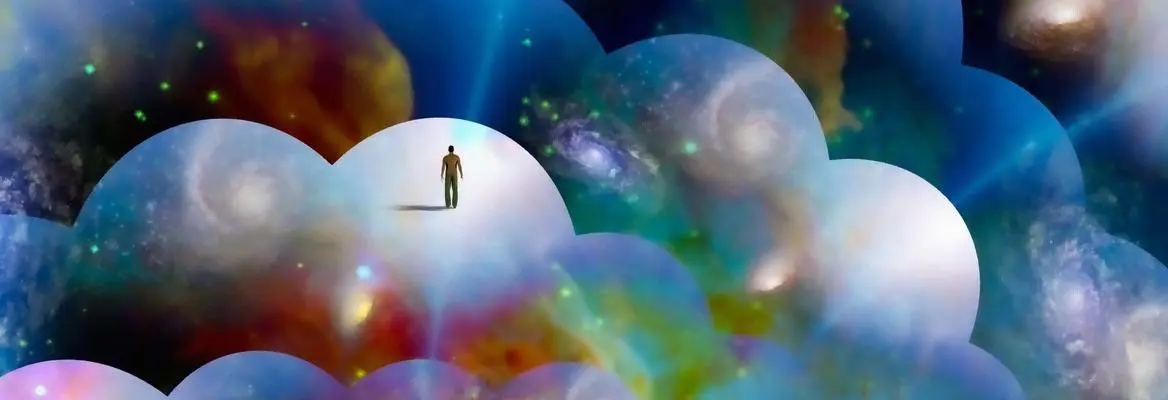Despite claims of a new age of ‘precision cosmology’, the origin of the universe remains a mystery. Confronting cosmic fine-tuning and the multiverse scientifically might help solve it, writes Geraint F. Lewis.
In little over a century, our understanding of the universe has changed dramatically. Driven by theoretical and observational advances in the first few decades of the twentieth century, the seemingly static and eternal cosmos known to the ancients was replaced by a dynamical and evolving universe.
Cosmology is the modern scientific exploration of our evolving universe. Underwritten by Einstein’s general theory of relativity, the mathematics of cosmology have revealed that our universe was born almost 14 billion years ago in a fiery event now known as the “Big Bang”. In its initial moments, the universe was extremely hot and extremely dense, and it has been expanding and cooling ever since. For almost 10 billion years, this rate of cosmic expansion steadily slowed due to the gravitational pull of matter and radiation, but more recently a more mysterious substance has come to dominate. This “dark energy” acts to accelerate the expansion faster and faster.
Astronomers have searched for the stuff of the universe, through counting stars, measuring gravitational pulls, and determining the expansion of the cosmos. They have reached the stark conclusion that normal matter, such as the atoms from which we are made, represents only 5% of the cosmic energy budget. The rest of the matter is “dark matter” which is five times more plentiful than atomic material and dominates gravitation across the cosmos. The remainder of the universe, 70% of it, is in the form of dark energy. But it is the complexity and versatility of normal matter, allowing it to form into gas clouds, stars, planets and people, that makes the universe immensely interesting to our telescopes.
With the laws of physics in hand, cosmologists have been able to accurately chart the evolutionary history of the cosmos. We now know that in the first few minutes the lightest elements hydrogen, helium and a sprinkling of lithium were forged in the fires of the Big Bang. After its spectacular beginning, the universe descended into darkness as it cooled, but in the darkness, matter began to be drawn together under the influence of gravity. Eventually, after about 100 million years, enough gas had accumulated and collapsed for the formation of the first stars, bringing light back to the cosmos.
These first stars were born within dense knots of dark matter which continued to grow as more material rained in. Over the billions of years to come, these sites grew into entire galaxies as generations of stars came and went. About 10 billion years ago, our Milky Way galaxy was formed. Just over 4 billion years ago, our Sun was born, and Earth condensed within the disk of debris that swirled around it. In a cosmic blink before today, we emerged on the surface of this planet, now pondering the nature of the universe around us.
“Just where did our universe come from? We are currently unable to answer this question due to the biggest failing of modern physics”



















Join the conversation